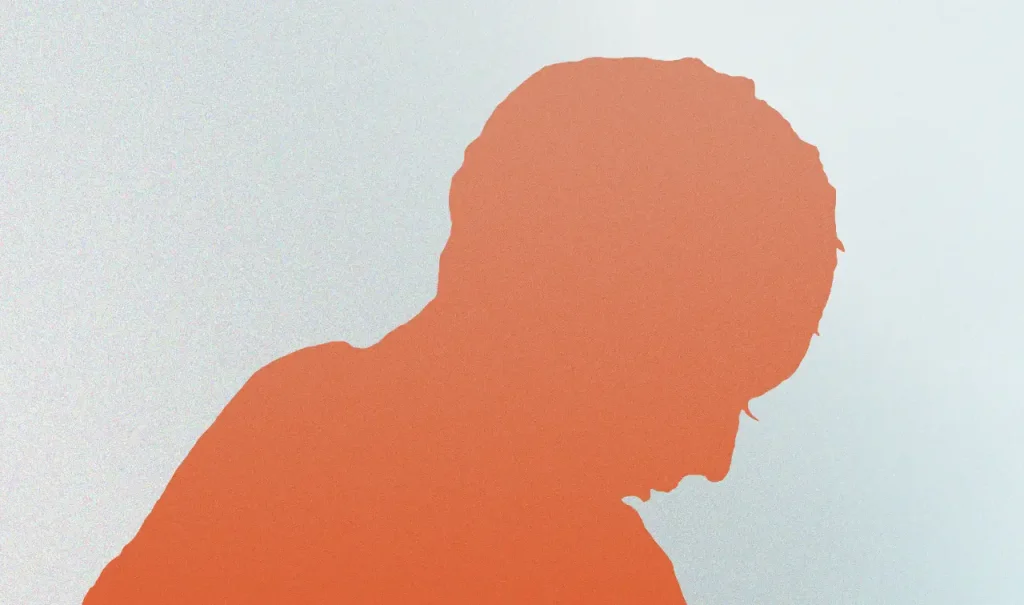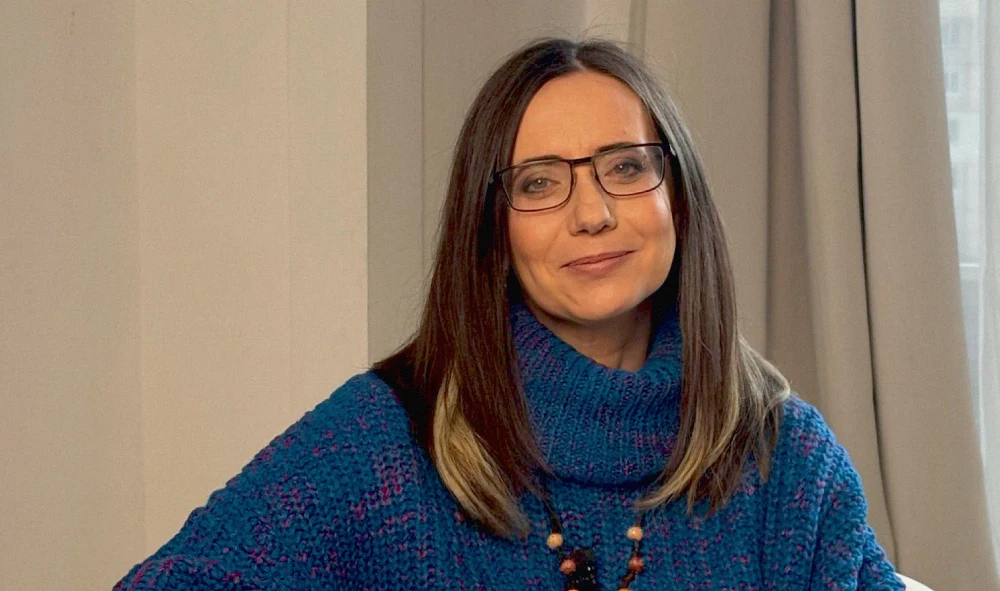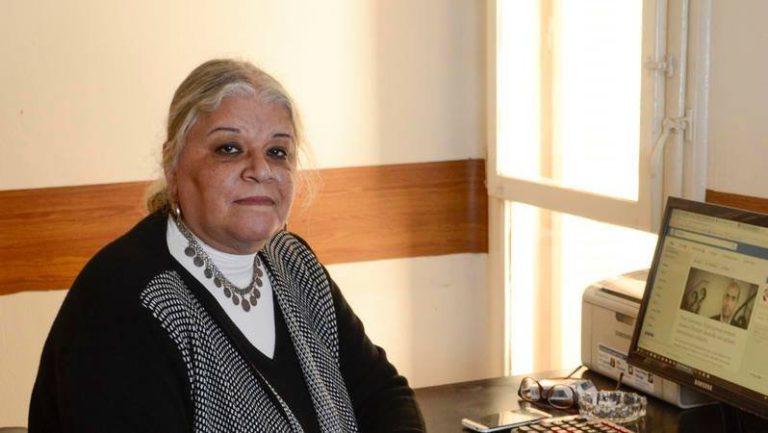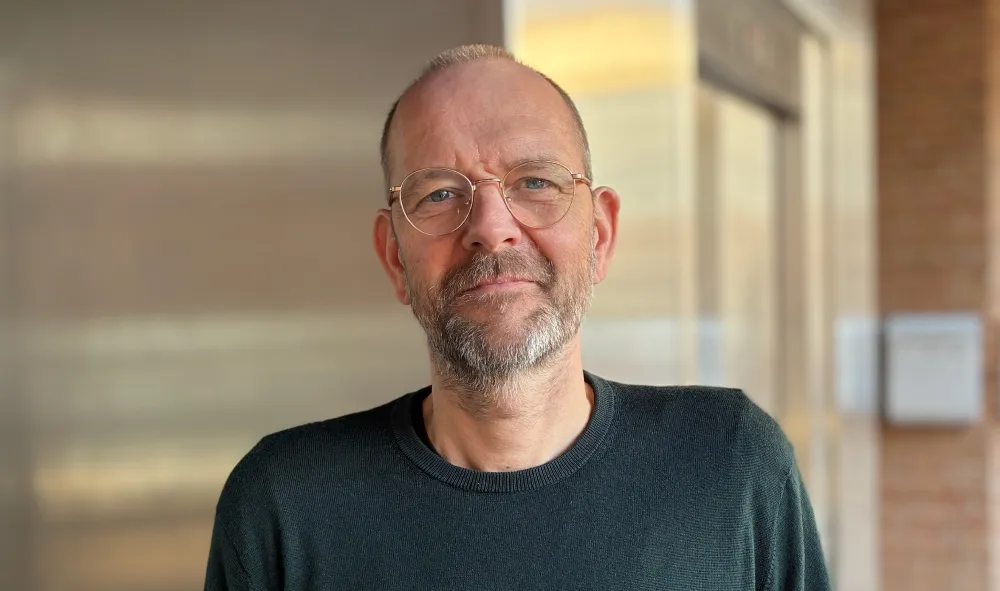New report takes a closer look at how 6,993 Ukrainian refugees in Denmark are doing
When Russia invaded Ukraine on the 24th of February 2022, the order of the world changed. For the first time in decades, Europe was at war and millions of Ukrainians had to flee for safety.
In less than a year, Denmark received 18,389 adult Ukrainians, 38 percent of whom responded to a questionnaire in a new study conducted by the Department of Psychology at the University of Copenhagen in collaboration with DIGNITY.
The new study takes a closer look at how this group of refugees are doing and their experiences of coming to Denmark.
“The study shows that the vast majority of Ukrainians have great trust in Denmark and the authorities. However, it also shows that more than a third of the Ukrainian refugees have symptoms of PTSD,” says Marie Høgh Thøgersen, Head of Research and Development at DIGNITY.
What is PTSD:
When humans have been directly exposed to (or witnessed) traumatic events such as torture, abuse, war or other violent experiences, it is not uncommon to develop a stress condition called Post Traumatic Stress Disorder – PTSD.
There are various symptoms and signs of PTSD, such as flashbacks, anxiety, nightmares and trouble sleeping, all of which can substantially disrupt the daily lives of those who develop the condition. Fortunately, we know that professional treatment can make a positive difference.
With war comes losses
Of the Ukrainians who have come to Denmark, 75,3 percent have experienced war in their hometown, while 40 percent have lost family members and close friends due to the war.
These are experiences that have consequences, even though 70,6 percent of the participants in the questionnaire do not have symptoms of PTSD. Marie Høgh Thøgersen believes it is crucial that we focus on those who do have symptoms of PTSD:
“It is far better to treat refugees and their trauma now rather than waiting until it is too late. We have an opportunity to start a positive spiral where Ukrainians retain their important trust in Danish society and want to contribute. The alternative is that untreated trauma becomes chronic and is passed on to their children.”
Those who show symptoms of PTSD have reduced functional ability, lower mental well-being, and 12.8 percent are estimated to have a potentially problematic alcohol consumption.
Studies will form the basis for new initiatives
The study presents the first set of results from the Danish Refugee Cohort (DARECO); a larger-scale research study which will follow the Ukrainian refugees in Denmark on an ongoing basis, making it possible to see how their condition and attachment to Denmark develops over time.
Marie Høgh Thøgersen identifies three areas that are crucial for Denmark to become better at helping traumatized refugees.
“They must be secured jobs, they must be given the opportunity to learn the language, and we must detect their trauma much earlier in the municipalities so that they can be treated early. If we don’t intervene in a timely manner with early detection and help, it will not only have a huge cost for the individual refugee – but also for their families and society. The good news is that we know that treatment has a positive impact on helping traumatized refugees get back on their feet and live the life they want.”





